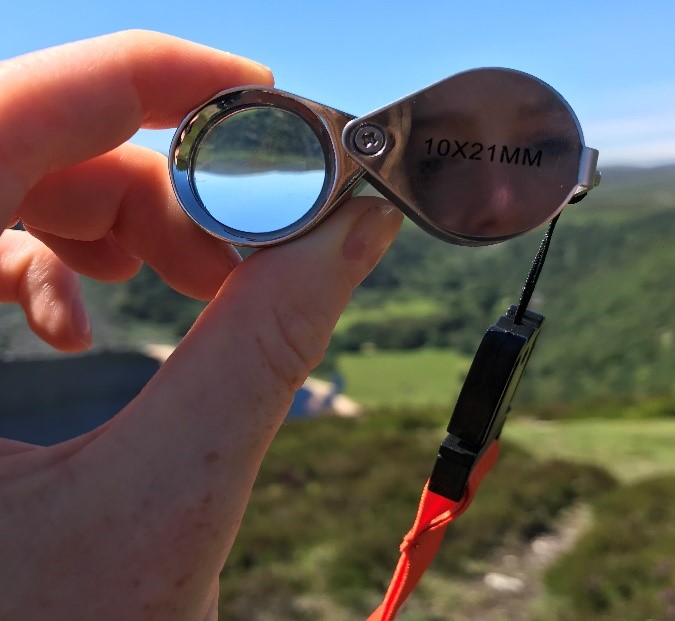Interdisciplinary, intercultural and committed attributes that describe the INFACT consortium as well as the participants, organizers and lecturers of the RESTORE (Researching Social Theories, Resources, and Environment) Summer School in Dublin.
On the occasion of the latter, young academics met at the beginning of July 2019 in Dublin to discuss topics concerning social theories, resources and environment. In the course of seven lectures and during four interdisciplinary workshops the participants should discover and present new angles to the topics.
The Summer School was hosted by the ICRAG Institute of the University College Dublin, in Dublin. As part of the INFACT consortium I, a technology management researcher at the Fraunhofer IAO, was able to think along, discuss and get inspired at this event.
But let’s start at the beginning. Monday morning, 9:00 a.m., the first day of the one-week Summer School, I enter a room full of young professionals from all over the world, many geoscientists, some multidisciplinary researchers and a few sociologists. During the opening speech, the first AHA moment – in order to be able to record all the interesting things being said I have to learn how to write faster. Spoiler Alert – it is hardly possible to write down all the interesting aspects when it comes to the complexity of the mineral industry.
Yet, after the opening speech, the approximately 40 participants were given the opportunity to get together in four workshops. Each workshop was dedicated to a different topic but all were located in the field of Social Theories, Resources, and Environment. My topic, how could it be any different: Community engagement in resource and environmental activities.
For the length of five days, my workshop team and I, led by Ian Thompson and Judy Muthuri (leading practitioners and researchers in the mining and exploration industry), would analyze Social Engagement in Communities. A workshop team consisting of nine people from eight different countries and each with a different scientific background. After the first round of introductions, it was clear that the upcoming days will be even more exciting than I could have hoped for. Above all, the internationality helped us to look at the topic of social engagement from different angles. Of course, an African tribe member has different ideas and expectations towards a mining project in his territory than a Finn who just learned that the main traffic route between a mine and a procession site might be built near his house. But what are these and how can we ensure, both in the long term and in the short term, that expectations are met? What these are – after five days of countless sticky notes and a dozen verbose posters, I can say that there is no conclusive answer to these questions.
What I can say, social community engagement is an iterative process that always depends on the context and must be based on mutual trust between the company and the community.
In addition to this insight, the time spent outside the workshops and in the community of the whole Summer Schools was rewarding and inspiring. Be it a photo shoot with an Indian geoscientist who wanted to take part in a photo competition for his university in the USA. (The result can be seen, or what you think about the picture on the left?).

Credit: Michaela Kesselring
Other inspirations came from talks I had with the lecturers about their research areas from Circular Economy to Social License to operate to of course my topic the INFACT project. Conversations and experiences that have given me a lot to think about and have confirmed, that an intercultural, interdisciplinary and committed team can create incredible things. With this knowledge I am looking forward to bring the new input to INFACT and to drive our project forward – together.
A contribution by a Fraunhofer IAO team member

